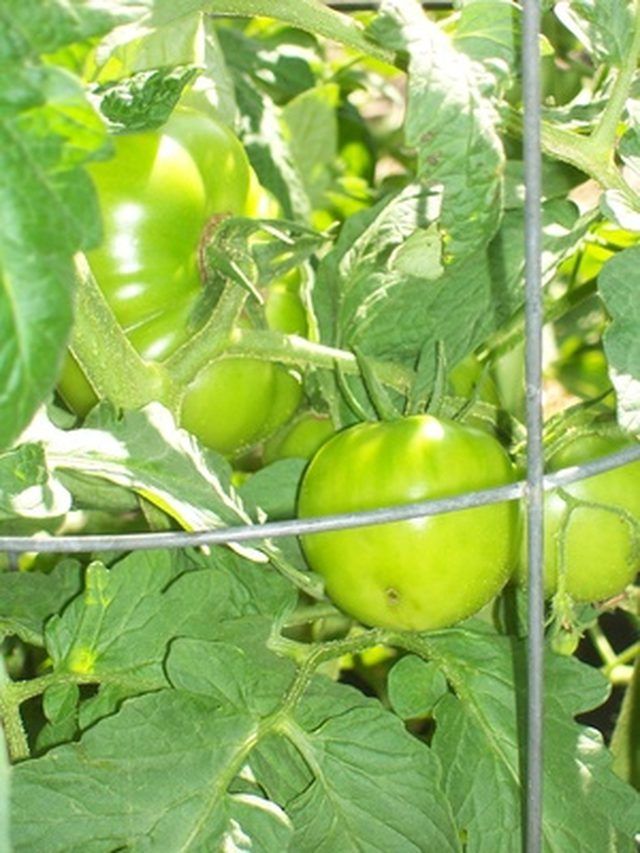Bulbs
Flower Basics
Flower Beds & Specialty Gardens
Flower Garden
Garden Furniture
Garden Gnomes
Garden Seeds
Garden Sheds
Garden Statues
Garden Tools & Supplies
Gardening Basics
Green & Organic
Groundcovers & Vines
Growing Annuals
Growing Basil
Growing Beans
Growing Berries
Growing Blueberries
Growing Cactus
Growing Corn
Growing Cotton
Growing Edibles
Growing Flowers
Growing Garlic
Growing Grapes
Growing Grass
Growing Herbs
Growing Jasmine
Growing Mint
Growing Mushrooms
Orchids
Growing Peanuts
Growing Perennials
Growing Plants
Growing Rosemary
Growing Roses
Growing Strawberries
Growing Sunflowers
Growing Thyme
Growing Tomatoes
Growing Tulips
Growing Vegetables
Herb Basics
Herb Garden
Indoor Growing
Landscaping Basics
Landscaping Patios
Landscaping Plants
Landscaping Shrubs
Landscaping Trees
Landscaping Walks & Pathways
Lawn Basics
Lawn Maintenance
Lawn Mowers
Lawn Ornaments
Lawn Planting
Lawn Tools
Outdoor Growing
Overall Landscape Planning
Pests, Weeds & Problems
Plant Basics
Rock Garden
Rose Garden
Shrubs
Soil
Specialty Gardens
Trees
Vegetable Garden
Yard Maintenance
Effect of Different Types of Manure on Tomato Plants?
Effect of Different Types of Manure on Tomato Plants?. Tomatoes will grow in any soil. Choosing to plant tomatoes in a clay or sandy soil will result in spindly plants producing small, cracked tomatoes with green tops and pale red bottoms. Once a rich supply of dry manure is added to these soils, there will be an amazing transformation of the...

Tomatoes will grow in any soil. Choosing to plant tomatoes in a clay or sandy soil will result in spindly plants producing small, cracked tomatoes with green tops and pale red bottoms. Once a rich supply of dry manure is added to these soils, there will be an amazing transformation of the plants and fruit.
Function
Manure is worked into the soil where tomatoes are planted to enhance leafy growth, flowering and large, plentiful fruit.
Types
The most popular manures used for tomato plants include cow, horse, pig and chicken. Each of these manures contain slightly different percentages of nitrogen (N), Phosphorous (P) and Potassium (K) which are the key nutrients needed by tomato plants to thrive.
Comparisons
According to Kenneth Joergensen, writer for the Allexpert website, tomatoes require 15 percent nitrogen which enhances leafy growth; 30 percent phosphorous which enhances flowering and fruit production; and 15 percent potassium which enhances fruit production. In other words, use the formula 1-2-1 or 1-2-2 when choosing manure. Dry cow manure has 1.2 percent nitrogen, 2.0 percent phosphorous and 2.1 percent potassium. Dry chicken manure contains 1.6 percent N, 1.8 percent P and 2.0 percent K. Dry pig manure contains 2.2 percent N, 2.1 percent P and 1.0 percent K; fresh horse manure contains .6 percent N, .3 percent P, .5 percent K.
To reach the higher percentages of 15-30-15 or 15-30-30 increase the amount of manure mixed in the soil around the tomato plant. The 15-30-15 or 15-30-30 formulas are based on high concentrated mixtures such as Miracle-Gro where a teaspoon is used per gallon of water. Several shovels of manure are needed in comparison to get the same percentage results. To make sure the percentages are accurate, take a sample of soil to the Cooperative Extension Service and have it tested.
Warning
Manure should be allowed to age several months before putting it around the tomato plants. Fresh manure is high in salt. Putting fresh manure around your tomato plants will pull the water out of the soil causing the plant to dry up and die. This is called burning the plant.
Choose
All manure has a positive effect on tomatoes. The two best selections are aged cow or chicken manure mixed with a rich compost of broken down leaves and sticks; this mixture will result in thriving, deep green tomato plants producing an abundance of tasty tomatoes.